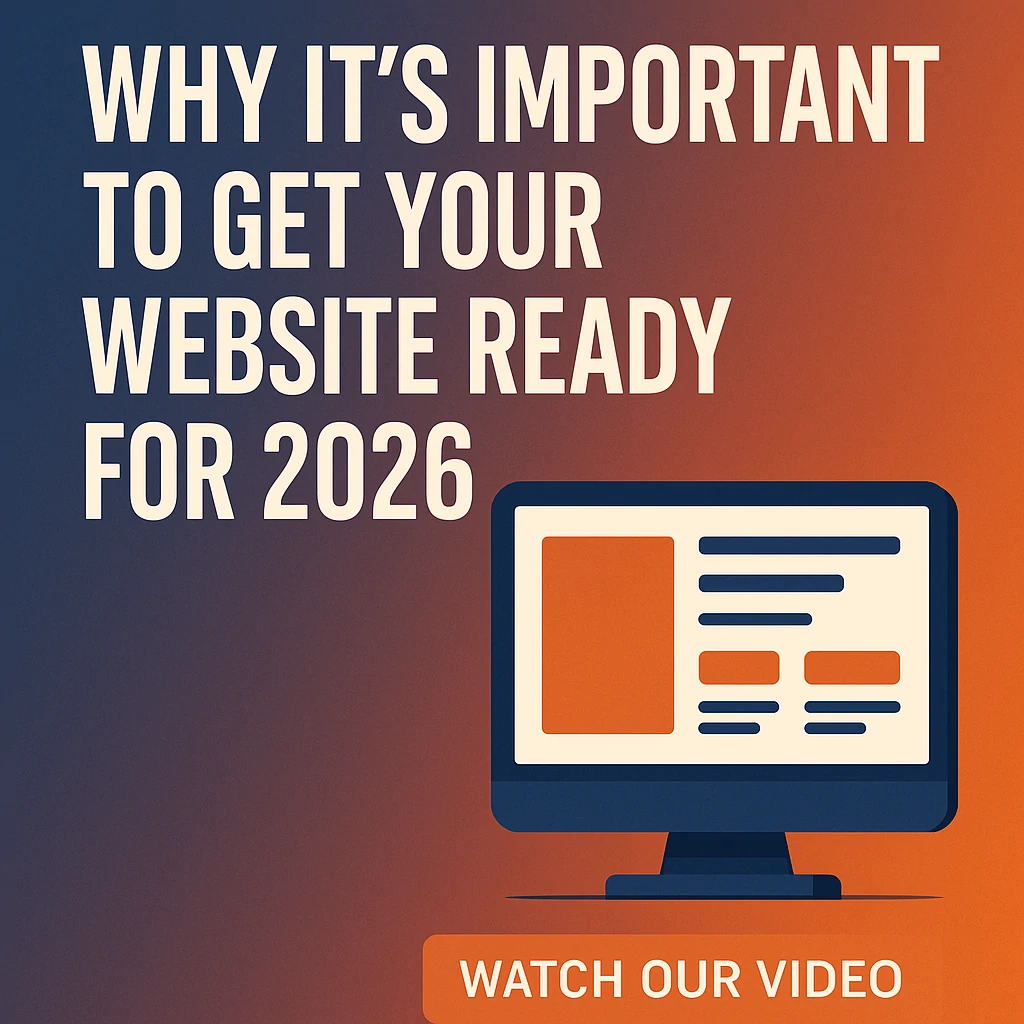How Much Does It Cost to Build a Website? Why Only Asking Price Is a Costly Mistake
Introduction
If you’ve ever searched for “how much does it cost to build a website”, you’re not alone. It’s one of the most common questions business owners ask when considering a new online presence. While price is naturally a concern, focusing only on cost can lead to poor results, hidden expenses, and missed opportunities for growth.
In this article, we’ll explore why asking only about website cost can be a mistake, what truly drives website pricing, and how to approach your project strategically to get the best return on investment.
Why “How Much Does It Cost to Build a Website?” Isn’t the Whole Question
When shopping for a product, it’s easy to compare identical items by price. But a website is not a commodity—it’s a tailored solution that should fit your business goals, target audience, and long-term strategy.
The real answer to “how much does it cost to build a website” is: it depends. The cost of building a website can range widely depending on:
- Your business objectives (lead generation, e-commerce, brand awareness)
- Required features and functionality (shopping cart, bookings, memberships)
- Design complexity and custom branding
- Third-party integrations and APIs
- Scalability for future growth
Without defining these elements upfront, a price quote is just a rough guess. That’s why professional web design agencies focus on strategy sessions and planning before providing accurate estimates.
Quality and Scope Differ Tremendously
Two websites may look similar at first glance but can perform very differently. A site built for a few hundred dollars will not deliver the same results as one carefully crafted with SEO, performance, and scalability in mind.
A budget-only site may:
- Load slowly due to poor coding
- Lack SEO optimization, hurting visibility
- Fail to adapt well on mobile devices
- Pose security risks without proper protections
Meanwhile, a strategically built website includes:
- SEO foundations for better rankings
- Speed optimization for user experience and conversions
- Responsive design for all devices
- Scalable architecture to grow with your business
👉 When you focus only on cost, you risk overlooking the value that drives long-term business success.
Hidden Costs That Can Surprise You
Asking only “how much does it cost to build a website” can also hide future expenses. Many businesses that chase the cheapest option face higher costs later on, such as:
- Redesigning outdated layouts
- Fixing broken or poorly written code
- Paying extra for essential plugins and security features
- Rebuilding functionality that wasn’t considered at the start
In reality, cheap websites often become expensive websites once you factor in repairs, lost opportunities, and low conversions.
A well-planned website project should clearly outline ongoing costs like:
- Hosting and domain renewals
- Maintenance and security updates
- Content management support
- Marketing and SEO improvements
By asking the right questions beyond price, you avoid budget surprises and protect your investment.
You Miss Out on Strategy
A website isn’t just a digital brochure—it’s a growth engine for your business. The true cost of a website should reflect not only its features but also the strategic value it provides.
A professional web design partner will align your website with your larger business objectives:
- Attracting the right audience
- Converting visitors into leads or sales
- Showcasing your credibility and brand story
- Supporting marketing campaigns and search visibility
When you only ask “how much does it cost to build a website,” you miss out on conversations about ROI, conversion strategy, and scalability. Price alone can’t capture the value of a site designed to grow your business.
What to Ask Instead of Just Price
If you want the best website investment, here are smarter questions to ask your web design partner:
- What process do you use to understand my goals?
- How will the website be optimized for SEO and conversions?
- What kind of support and maintenance do you provide after launch?
- How do you ensure the site can scale as my business grows?
- What success metrics should I track to measure ROI?
These questions give you a clearer picture of the total investment and help you avoid the trap of comparing only price tags.
Conclusion: Think Beyond the Price Tag
So, how much does it cost to build a website? The answer depends on your needs, goals, and long-term strategy. While price matters, it should never be the only factor in your decision.
A website is an investment in your brand and growth. By focusing on objectives, functionality, and ROI, you’ll avoid the pitfalls of the cheapest option and end up with a site that delivers real results.
👉 Ready to build a website that works as hard as you do? Contact us today to discuss your goals and get a tailored strategy—not just a price tag.
FAQs
Q1: Why is asking only about website cost a bad idea?
Because it ignores strategy, quality, hidden costs, and long-term goals. Price alone doesn’t reflect the true value of a website.
Q2: What factors influence website pricing?
Website cost depends on goals, features, design complexity, integrations, SEO, and scalability.
Q3: Are cheap websites more expensive in the long run?
Yes. Cheap websites often require redesigns, fixes, and upgrades, which make them more costly over time.
Q4: What should I ask a web designer besides cost?
Ask about process, SEO, scalability, maintenance, and ROI to ensure your website delivers long-term value.
Q5: How do I know if a website is worth the investment?
Measure success by performance, lead generation, conversions, and alignment with your business objectives.
Further Reading
If you’d like to dive deeper into what makes a website successful beyond just its price, here are some trusted resources worth exploring.
Google’s SEO Starter Guide and the
W3C Web Standards offer authoritative insights on best practices for SEO and coding quality.
For a broader look at online visibility, the
Moz Beginner’s Guide to SEO is an excellent place to start.









